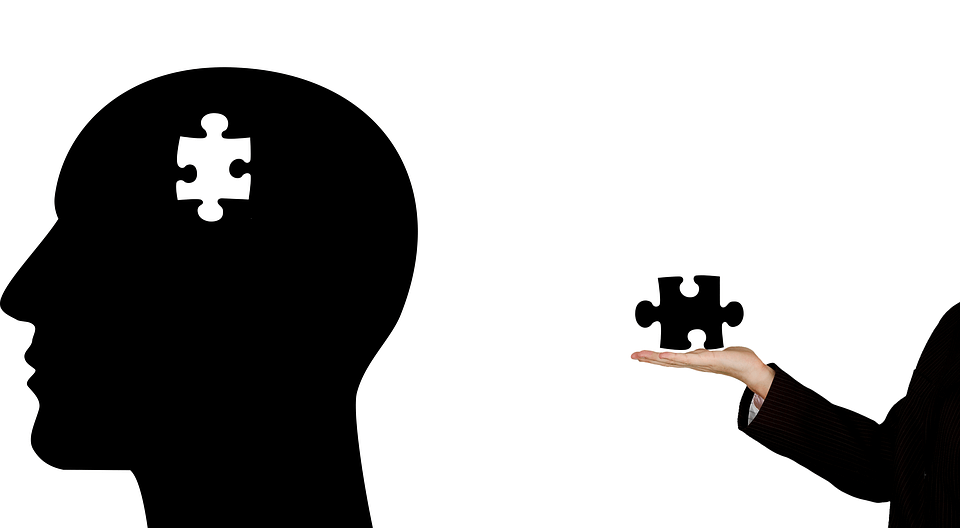Interventions for RAD
According to www.excellenceforchildandyouth.ca
"A number of organizations have written reports outlining treatment recommendations for RAD (e.g., the American Academy for Child and Adolescent Psychiatry, the American Professional Society on the Abuse of Children, the Centre for Child and Family Health, University of Kansas Best Practices in Child and Youth Mental Health Reports). Relevant documents can be found in the references section, and the points listed below are a synthesis of common themes between these sources. One meta-analysis (Bakermans–Kranenburg et al., 2005) was found on the topic of disorganized infant attachment, which focused on interventions that were designed to change from a disorganized style to an organized style. The main findings from this meta-analysis were: Interventions were most effective when they started after but close to the age of 6 months, which suggests there may be an optimal time period to intervene to support the development of a stable, attached relationship."
FOR MORE INFORMATION ON THE INTERVENTIONS
· Attachment and Biobehavioural Catch-up
· Child-Parent Psychotherapy
· Circle of Security Intervention
http://www.cebc4cw.org/program/circle-of-security
Paper Family Holding Hands
References
Google. (n.d.), [Paper family holding hands], retrieved April 1, 2019, from https://shakeupyourstyle.com/family/
NEXT STEPS AND RESOURCES
Knowing where to find resources with up-to-date, proven information on the best practices for many mental health and mental illness issues including Reactive Attachment Disorder can be useful informing one another and having the knowledge to make any mental health or illness easier to cope and get help. The Ontario Centre of Excellence for Child and Youth Mental Health has many resources and services readily available.
For more information, visit:
- http://www.excellenceforchildandyouth.ca/what-we-do
- http://www.excellenceforchildandyouth.ca/resource-hub
- http://www.ementalhealth.ca
Information received from
Image received fromPaper Family Holding Hands
References
(2012, January). Retrieved from www.excellenceforchildandyouth.ca: file:///C:/Users/Marcy/Downloads/eis_reactive_attachment_disorder%20(5).pdf
Bakermans-Kranenburg, M.J., van Ijzendoorn, M.H., Juffer, F. (2005). Disorganized infant attachment and preventative interventions: A review and meta-analysis. Infant Mental Health Journal, 26, 191-216. Google. (n.d.), [Paper family holding hands], retrieved April 1, 2019, from https://shakeupyourstyle.com/family/


